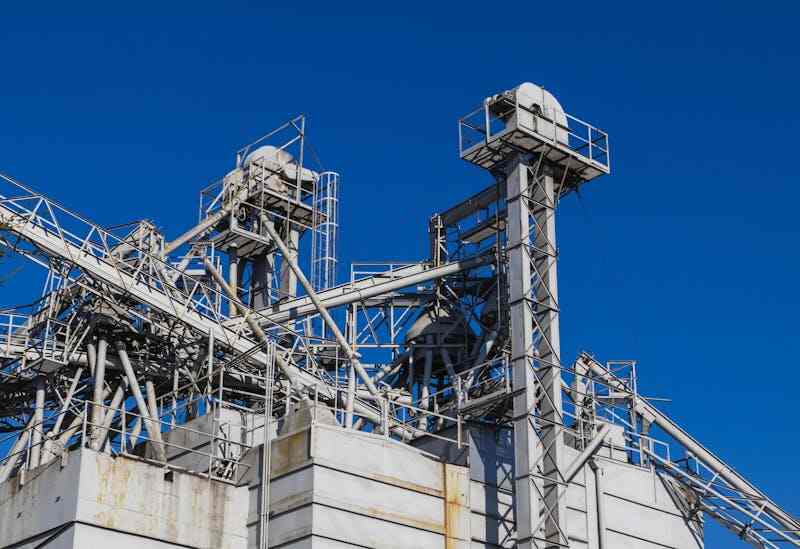In a statement released by his Special Adviser on Information and Strategy, Bayo Onanuga, President Tinubu remarked, “The restart of Warri Refinery today brings joy and gladness to me and Nigerians. This will further strengthen the hope and confidence of Nigerians for a greater and better future than we promised.
After years of not producing any oil, President Bola Tinubu said on Monday that the public oil refinery in Warri, Delta State, is now operating at 60% capacity.
Warri Refinery, one of Nigeria’s key oil refining facilities, has officially resumed operations, marking a pivotal moment in the nation’s journey toward energy independence and economic resilience. One of Nigeria’s most important oil refineries, Warri Refinery, has formally started up again, signaling a significant turning point in the country’s progress toward economic stability and energy independence.
The reopening comes after years of inactivity brought on by operational difficulties, poor management, and antiquated infrastructure. The Warri Refinery has now undergone major rehabilitation and is ready to increase domestic fuel production, lessen reliance on imports, and make a substantial economic contribution to the country.
The refinery was established in 1978 in Delta State and is managed by the Nigerian National Petroleum Corporation (NNPC). For decades, the facility played a crucial role in meeting Nigeria’s energy demands, refining crude oil into essential products like petrol, diesel, and kerosene.
However, operational inefficiencies, outdated equipment, and insufficient maintenance led to the refinery’s decline. Its closure caused increased reliance on imported refined petroleum products, straining Nigeria’s foreign reserves and contributing to the growing fuel subsidy crisis.
The facility underwent a comprehensive upgrade to replace outdated equipment, install state-of-the-art machinery, and improve safety standards. The rehabilitation was financed through a combination of government funds and partnerships with private investors, ensuring transparency and efficiency with the collaboration of local and international engineers to ensure that the project met global standards.
The Warri Refinery’s resumption is a significant step toward energy self-sufficiency for Nigeria. By increasing local refining capacity, the country can better meet its domestic fuel demands, reducing the economic burden of subsidies and foreign exchange volatility.
President Tinubu, in a message congratulating NNPCL, said the reopening of the refinery was a “remarkable achievement
This development also aligns with the government’s broader agenda of transforming Nigeria into a global energy powerhouse. although Warri refinery will for now not produce petrol, the president indicated.
NNPC CEO Mele Kyari reacted
“The reopening of the Warri Refinery marks a new dawn for Nigeria’s oil sector. It’s a testament to our commitment to self-reliance and economic growth.”
Uche Amadi said that the reopening of the refinery means job opportunities for us. We are hopeful that its success will bring lasting benefits to our community.”
The resumption of operations at the Warri Refinery is a transformative development for Nigeria. It reflects a renewed commitment to revitalising the oil and gas sector, addressing economic challenges, and fostering sustainable growth.

